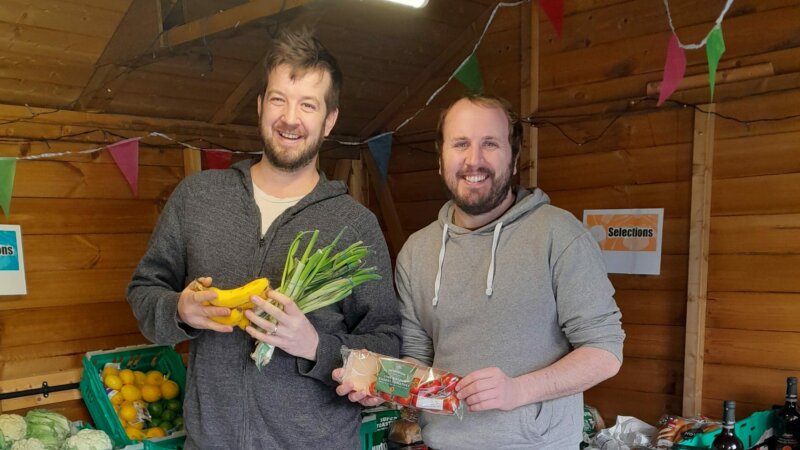Sexability: The Invisible Veil
The invisible veil of unspoken social barriers, presumptions, stigma and taboo is what shrouds those of us who have a visible difference or additional needs. These barriers are projected by, and often shield us from, the majority adult population, thus marginalising an entire section of society.
The majority of people often look upon those with additional needs as asexual - unaware of their own biological changes, never mind acknowledging the same desires as everyone else. According to frank interviews and research for this piece, what was unearthed was the glaringly obvious truth.
It takes being considered as social material before one can get beyond first base in the big game of life. An interviewee who wished to remain anonymous stated how, as a visually impaired person, it’s almost impossible to make meaningful social connections in crowded or unfamiliar places because you are left waiting for someone to approach you, as the lack of eye contact seemingly places you in the watch-and-wait, look-and-smile category. On the flip side, people with no additional needs might lack the confidence or inclination to approach someone with a visible difference they have never experienced. It was also pointed out that if one finds it hard to get from A to B, then just getting out to socialise, let alone anything else, can render someone socially isolated.
The barriers faced by people with additional needs are constant and can vary depending on the nature of someone’s circumstances, so the natural desire to be socially included, liked or loved is often seen as secondary to someone’s supposed primary needs being fulfilled. A woman with additional needs on her own might face the double stigma of ‘What’s she doing here?’ or ‘Need any help, love?’ rather than a classic chat-up exercise. Any interaction is often functional, rather than social. Adolf D. Ratzka of the Independent Living Institute in Sweden forthrightly stresses that because people with additional needs are routinely portrayed as “objects of care or sick, how could they possibly be viewed as sexy?”
Marilyn M. Irwin of Indiana University rightly asserts how sex is still a taboo within society and often spoken in hush-hush circles. She says, “Add disability to the equation and myths about people with disabilities and sex abound. It is assumed people either aren’t interested or capable.”
It all starts with education, at home or school. Cultural blueprints may dictate whether or not sex will be discussed openly in the home, regardless of whether a child has additional needs or not. Young people still find out in the playground if a school only furnishes the reproductive facts. At specialist schools, societal assumptions and presumptions are mirrored both through parents’ increased anxieties and the school’s approach. Another interviewee pointed out that the approach of specialist schools is patchy at best in the sex ed department.
Sharon Rhodes, Pathway Leader for Life Skills at Communication Specialist College in Doncaster, explained that sex ed is not a straightforward curriculum and widely varies according to a learner’s individual needs and level of understanding. Despite policies and the media opening up, Ms Rhodes points out the fact that “outside the college environment, the notion of young people as sexual beings is still viewed as disdainful. Parents often adopt the view that their youth are still small children needing to be taken care of, not real people with real needs.” The college will provide practical guidance for potentially sexually active couples, yet many specialist education providers have no sex ed programme at all, thus bypassing the issue entirely.
With internalised oppression so deeply ingrained in our pecking order, perpetuating the view that those with additional needs are the weakest in society, for those of us craving greater social and sexual inclusion it drowns out any calls for dignity, equality or acceptance as potential relationship material. It makes the job of levelling the playing field an uphill climb. With increased integration in schools and other areas of communities, things are changing, but possibly too slowly for people’s immediate sexual needs.
Ratzka illustrated how people with physical difficulties often engage with sex workers for their relief, a mutually understood exchange between demonised individuals. But small initiatives at local level, including supported nightclubs like Sheffield’s Under The Stars, are making a difference. )





